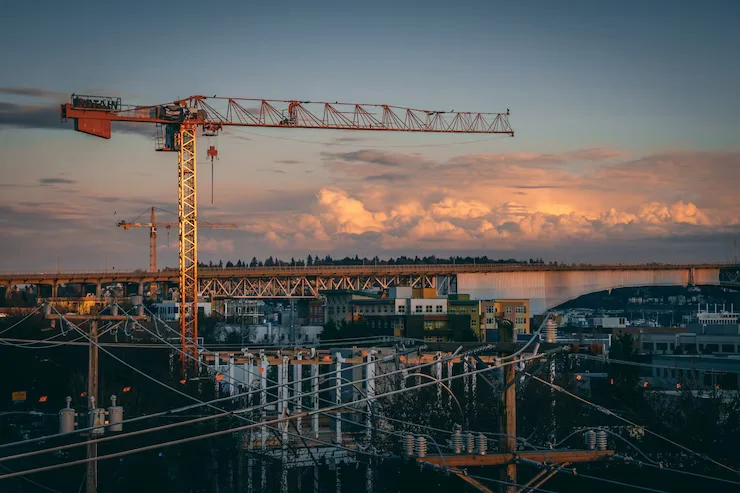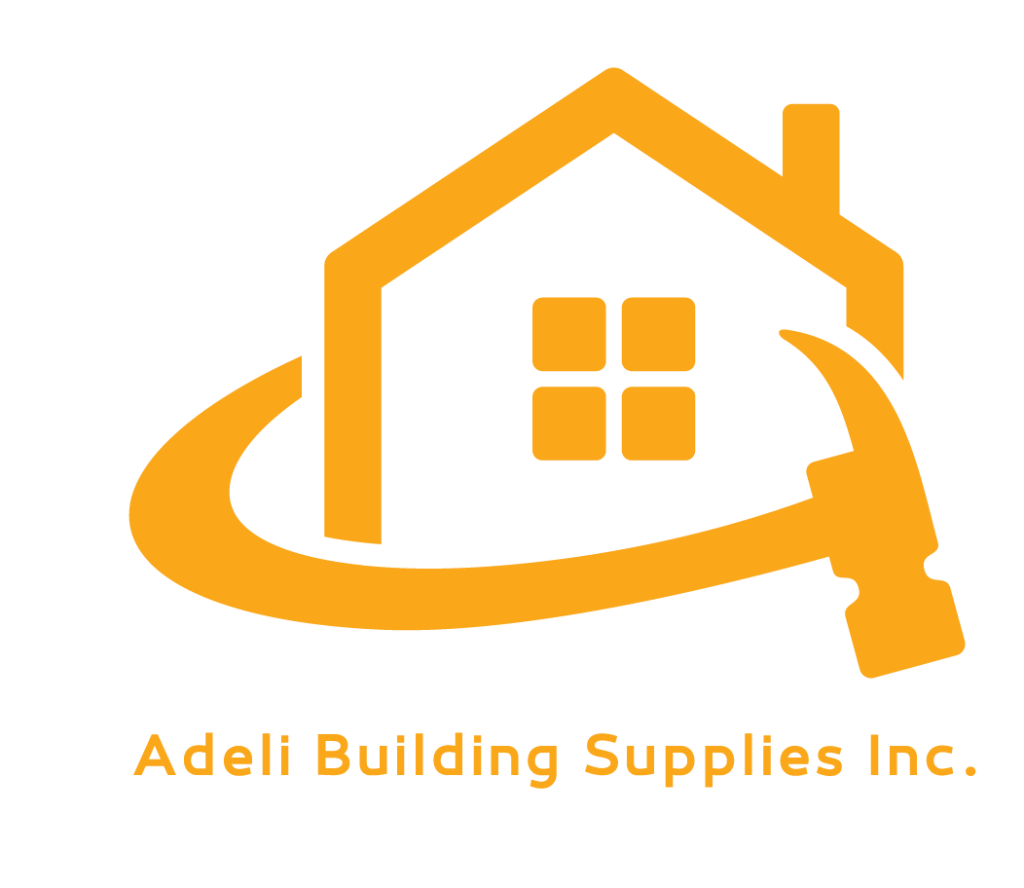
Construction Trends and Innovations: Paving the Way for a Sustainable Future
The construction industry is witnessing a remarkable transformation driven by emerging trends, new technologies, and innovative practices. These advancements are not only revolutionizing the way projects are executed but also significantly improving efficiency, sustainability, and overall project outcomes. In this blog, we will explore some of the key trends and innovations that are shaping the future of construction and discuss how they contribute to a more sustainable and efficient industry.
1. Prefabrication and Modular Construction:
Prefabrication and modular construction have gained tremendous popularity in recent years. This approach involves constructing components or entire buildings off-site in controlled manufacturing environments, and then assembling them on-site. This method offers several benefits, including reduced construction time, improved quality control, minimized waste, and enhanced safety. The use of prefabricated elements also promotes sustainability by optimizing material usage and reducing site disruptions.
2. Building Information Modeling (BIM):
Building Information Modeling, or BIM, is a digital representation of the physical and functional characteristics of a building. It enables architects, engineers, and contractors to collaborate and visualize the entire construction process before any work begins. BIM facilitates better project planning, clash detection, and coordination among different teams, leading to increased efficiency and fewer errors during construction. Additionally, BIM enhances sustainability by allowing stakeholders to assess the environmental impact and energy performance of a building at the design stage.
3. Green Building and Sustainable Materials:
With a growing emphasis on environmental consciousness, green building practices and sustainable materials are becoming increasingly popular. Designing and constructing eco-friendly buildings help reduce energy consumption, minimize waste generation, and lower carbon emissions. Incorporating renewable energy systems, such as solar panels and geothermal heating, improves energy efficiency. Moreover, using sustainable materials like recycled steel, bamboo, reclaimed wood, and low VOC (volatile organic compound) products reduces the environmental footprint of construction projects.
4. Robotics and Automation:
Robotics and automation are streamlining various construction processes, making them faster, safer, and more accurate. Drones equipped with cameras and sensors are used for site surveys, inspections, and progress monitoring. Autonomous construction vehicles and equipment enhance productivity and reduce the need for manual labor. Robotic arms can perform tasks like bricklaying, reducing human error and improving efficiency. These technologies not only save time but also minimize risks to workers and improve overall project outcomes.
5. Smart Buildings and Internet of Things (IoT):
The integration of smart technologies in buildings is transforming the way we interact with our built environment. IoT-enabled devices, sensors, and systems allow for real-time data collection, analysis, and control. Smart buildings optimize energy consumption by adjusting lighting, heating, and cooling based on occupancy and environmental conditions. They also enhance occupant comfort and well-being through features like automated shading, air quality monitoring, and personalized controls. By leveraging IoT, construction industry professionals can create sustainable buildings that are responsive, efficient, and user-friendly.
Conclusion:
The construction industry is undergoing a significant revolution, driven by emerging trends, new technologies, and innovative practices. These advancements are not only improving efficiency but also promoting sustainability in construction projects.
From prefabrication and BIM to green building practices and robotics, the industry is embracing solutions that optimize resources, reduce waste, and enhance overall project outcomes.
To stay at the forefront of these construction trends and innovations, it is crucial to partner with reliable suppliers who provide high-quality materials and support sustainable practices. Adeli Building Supplies is a leading provider of construction materials that align with the industry’s sustainability goals. Their commitment to eco-friendly solutions and innovative products makes them an ideal choice for contractors and developers seeking to contribute to a greener and smarter future.
Incorporating these emerging trends and innovations into construction projects will not only drive efficiency but also help build a sustainable future for generations to come. Let us embrace these advancements and work together towards a construction industry that prioritizes both progress and the planet.
